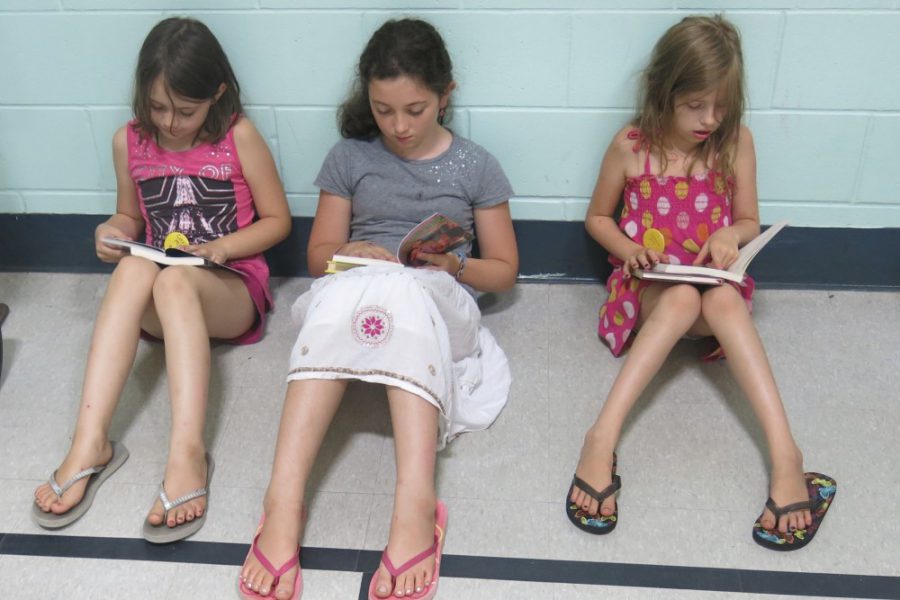
Last week Mediabistro’s Galleycat blog released a post with a headline that sent hearts fluttering through the CLiF office:
‘Pleasure Reading “Significantly” Increases School Performance‘
The post is in reference to a study by the Institute of Education at the University of London. From the study:
“The IOE study, which is believed to be the first to examine the effect of reading for pleasure on cognitive development over time, found that children who read for pleasure made more progress in maths, vocabulary and spelling between the ages of 10 and 16 than those who rarely read.”
And:
“Perhaps surprisingly, reading for pleasure was found to be more important for children’s cognitive development between ages 10 and 16 than their parents’ level of education. The combined effect on children’s progress of reading books often, going to the library regularly and reading newspapers at 16 was four times greater than the advantage children gained from having a parent with a degree.”
There’s more. Click here to read the synopsis.
Because CLiF’s mission is inspiring kids to read and write for pleasure, it is gratifying to see published, evidence-based studies proving what we already know to be true.
Reading–and being read to–is good for the brain, heart, and soul in lasting and interconnected ways. Should it be a surprise that pleasure readers have higher math scores?
Well, no. When kids read, they pay attention, they absorb context, and they problem-solve along with a book’s characters. It’s a short leap to using those same skills to solve problems of logic.
CLiF is currently investing with the educational assessment firm WestEd to analyze the successes of our long-term, in-depth programs Community Literacy and Year of the Book. Results are promising: across the board, children show marked increases in reading and writing for pleasure after participating in CLiF’s programs.
And it helps to have evidence to point to. With WestEd‘s research and the IOS study, we can prove that CLiF inspires kids to read for pleasure, and that those kids are better positioned for academic success.



